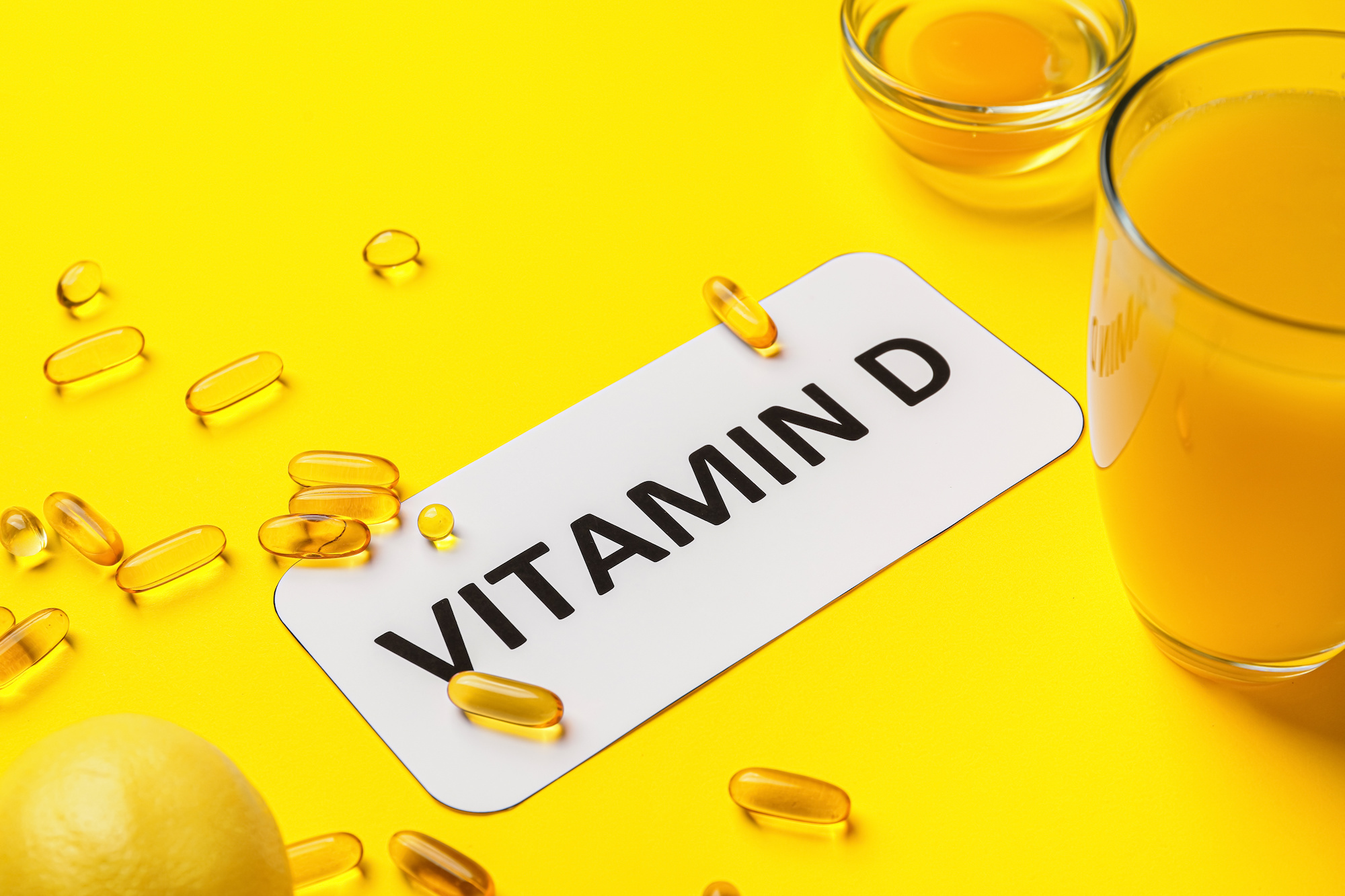
Vitamin D, often referred to as the “sunshine vitamin,” plays a crucial role in maintaining optimal health. Here are 20 enlightening facts about Vitamin D that everyone should know.
Sunshine Vitamin
Vitamin D is often called the “sunshine vitamin” because it’s produced in your skin in response to sunlight.
Two Forms
itamin D comes in two forms: D2 (ergocalciferol) and D3 (cholecalciferol). D3 is the more effective of the two at raising vitamin D levels in the blood.
Fat-Soluble
Vitamin D is a fat-soluble vitamin, which means it’s stored in the body’s fatty tissue and can stay in your body for a long time.
Food Sources
Few foods naturally contain Vitamin D. Some of the best sources are fatty fish like salmon and mackerel, fish liver oils, and egg yolks. Some mushrooms also provide vitamin D.
Fortified Foods
Many foods are fortified with Vitamin D, including milk, orange juice, and cereals, to help people get more of this essential nutrient.
Bone Health
Vitamin D is vital for bone health. It helps the body absorb calcium, which is essential for bone growth and maintenance.
Immune System
Vitamin D plays a crucial role in supporting the immune system and helps protect against diseases.
Vitamin D Deficiency
Vitamin D deficiency can lead to a number of health problems, including rickets in children (a disease that causes soft, weak bones) and osteomalacia in adults (a condition that causes weak bones, bone pain, and muscle weakness).

Risk Factors for Deficiency
People at risk for vitamin D deficiency include those with limited sun exposure, darker skin, older age, obesity, and those with certain medical conditions such as kidney and liver diseases.
Testing Vitamin D Levels
A simple blood test can determine whether you’re getting enough vitamin D.
Vitamin D and Mood
Some studies suggest that vitamin D may help improve mood and reduce the risk of depression.
Vitamin D and Weight Loss
Research has shown that people who have adequate vitamin D levels may have an easier time losing weight compared to those with low levels.
Vitamin D and Heart Health
Some evidence suggests that having adequate levels of vitamin D could help lower the risk of high blood pressure and heart disease.
Vitamin D and Diabetes
Vitamin D may play a role in insulin production and regulation, and a deficiency may increase the risk of type 2 diabetes.
Vitamin D and Pregnancy
Adequate vitamin D levels are important for the health of both mother and baby during pregnancy.
Vitamin D and Cancer
Some research suggests that vitamin D may play a role in preventing certain types of cancers, including breast, colon, and prostate cancer.
Vitamin D and Multiple Sclerosis
Higher levels of vitamin D are associated with a lower risk of multiple sclerosis.
Vitamin D and Asthma
Vitamin D may reduce the severity of asthma attacks and improve lung function.
Vitamin D Supplements
For those who can’t get enough vitamin D through sunlight or food, vitamin D supplements can be an effective way to ensure adequate intake.
Recommended Intake
The recommended dietary allowance for vitamin D varies by age, but for most adults, it’s 600 to 800 International Units (IU) per day.
Conclusion
Vitamin D is a vital nutrient that plays numerous essential roles in your body. Known as the “sunshine vitamin,” it’s unique because it’s the only vitamin that your body can produce from sunlight. Despite its importance, vitamin D deficiency is surprisingly common, affecting large portions of the population. Understanding these facts about vitamin D can help you appreciate its significance and take steps to maintain adequate levels for optimal health.
Frequently Asked Questions (FAQs)
Why is Vitamin D called the “sunshine vitamin”?
Vitamin D is often referred to as the “sunshine vitamin” because it’s produced in your skin in response to sunlight.
What are the sources of Vitamin D?
Vitamin D can be obtained from sunlight, certain foods like fatty fish and egg yolks, fortified foods, and supplements.
What are the health risks associated with Vitamin D deficiency?
Vitamin D deficiency can lead to health problems like rickets in children, osteomalacia in adults, and an increased risk of bone fractures.
How can I know if I have enough Vitamin D?
A simple blood test can determine your vitamin D levels.
What is the recommended daily intake of Vitamin D?
The recommended dietary allowance for vitamin D varies by age, but for most adults, it’s 600 to 800 International Units (IU) per day.
Was this page helpful?
Our commitment to delivering trustworthy and engaging content is at the heart of what we do. Each fact on our site is contributed by real users like you, bringing a wealth of diverse insights and information. To ensure the highest standards of accuracy and reliability, our dedicated editors meticulously review each submission. This process guarantees that the facts we share are not only fascinating but also credible. Trust in our commitment to quality and authenticity as you explore and learn with us.
